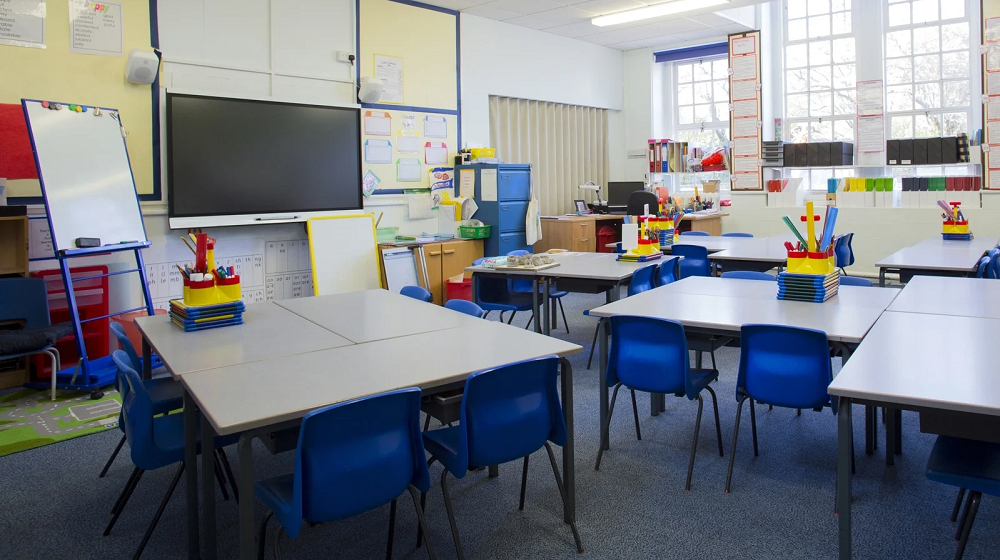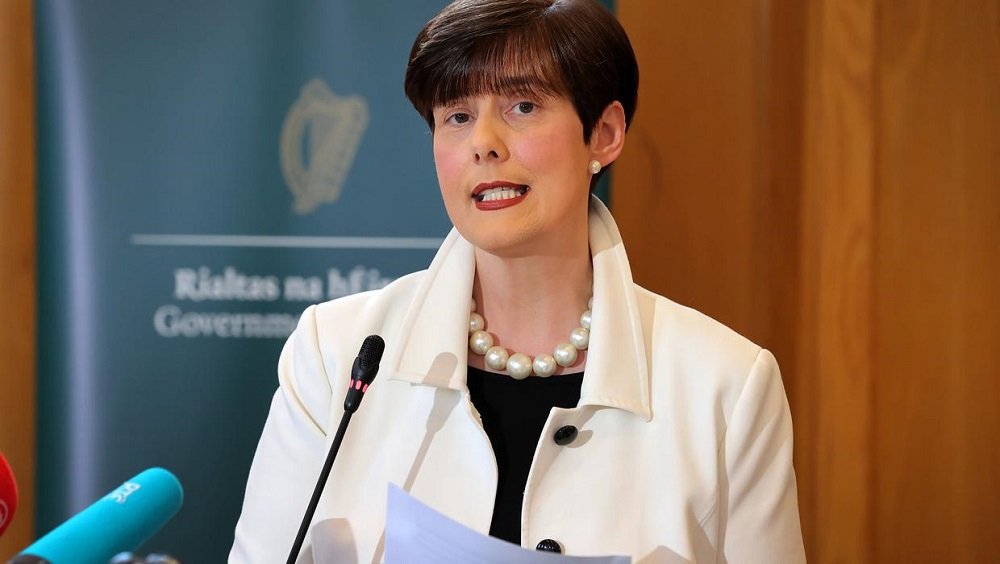A couple of years ago I told my daughter, then aged three, that she could have a dog when she was six. I was under pressure, trying to get something done, and it was a sure way to ward off a temper tantrum.
Little did I know that this promise became a tightening noose around my neck, one I was regularly reminded of once we spotted a dog in the park or on the street.
Of course, those three years I bought myself raced past. As the sixth birthday drew closer, confronting the issue became unavoidable: with two working parents, kids, and an already busy house, there would be no dog for the foreseeable future. There was sulking, tears and, worst of all, a broken promise to navigate.
Mea culpa.
The hard lesson I learnt is one relevant to the world we live in, even more so now, whether in business, personal, or political life, particularly in terms of how we communicate our decisions in these arenas.
Short-termism—“the practice of considering only the immediate advantages of particular actions”—as a means to get out of a tricky situation is no solution at all, even less so if you are dealing with an erudite yet emotional audience as I was.
Sure, providing an immediate answer to the presenting issue will buy you time, but the problem doesn’t go away and will still re-emerge to bite you even harder than the first time.
The sacrosanct
Nowhere have the failures of short-termism been more on display in recent days than the issue of reopening our schools.
To examine the evidence, we need to go back to Thursday, 10 December. A school principal of a primary school in Claremorris, which was experiencing a substantial Covid outbreak, took the decision to close the school early for the Christmas holidays. He was ordered to reopen by the Department of Education. The signal from the Department was clear: keeping our schools open is sacrosanct.
Fast forward to 22 December, and even as the Taoiseach announced that Ireland would enter Level 5 restrictions directly after Christmas, he insisted that schools would remain open.
Minister for Foreign Affairs Simon Coveney at that time also stated that it was “highly unlikely” that Christmas holidays would be extended. Once Christmas Day was over, however, teacher unions raised concerns about the feasibility of reopening schools on 6 January as planned; regardless, Minister for Education Norma Foley continued to insist that it was her “firm intention” that schools would reopen.
By 30 December, and in the face of rapidly rising Covid cases, a concession was made that schools would not reopen on 6 January but would receive three additional days of extended holidays, reopening instead on Monday, 11 January.
With that announcement, the slippery descent into short-termism began. It is hard to understand the thinking driving the Government’s decision to announce that the plan was to push out reopening of schools for just three days, rather than conceding that a longer closure period for schools was now inevitable.

Like on other occasions during this pandemic, the public were not convinced or indeed really believed the plausibility of this short extension. No sooner had it been announced than school WhatsApp groups were pinging with parents sharing their views that it was unlikely schools would reopen on 11 January.
The public, again ahead of the politicians, had already moved on to when schools would actually reopen; few were in any doubt that it would be at least several weeks. The difficulty with this speculation, from the perspective of the Government, is that it amounts to a further erosion of the public’s trust in our leaders’ decision-making.
Our Government needs a Covid-weary public to trust, now more than ever—to trust that this further lockdown is necessary and will deliver; to trust that our leaders are giving us the full truth, not half-truths because they fear public wrath; and above all, to trust that the vaccine will be rolled out expediently and an end to this pandemic is in sight.
Instead of being honest, conceding the high numbers testing positive for Covid would require schools to stay closed for a prolonged period, the Government bottled it and opted for the “break it to them by degrees” strategy: take the softer, short-term approach of bedding in the three-day holiday extension and announce the longer school lockdowns at a later date.
This Government’s for turning
Last Monday (4 January), key Government ministers, including the Minister for Education, were still insisting schools would reopen on 11 January.
These comments were repeated by a number of other Government ministers, including the Minister for Children Roderic O’Connor and Minister of State for Special Education Josepha Madigan, who said: “As far as I’m concerned, and as far as I’m aware, the decision has already been made that schools will reopen next Monday.”
Yet only a few hours later, by lunchtime, the cracks were beginning to appear. Minister for Health Stephen Donnelly announced on a lunchtime radio show that a decision on reopening schools would be made on Wednesday morning.
Finally, on Wednesday afternoon, it was formally announced that school buildings would not reopen until 1 February and students would be required to study remotely. The two exemptions to this were Leaving Cert students, permitted to return for three days per week, and students attending special schools.
The initial public reaction was somewhat muted, relative to the enormity of the decision, largely because it was not exactly a surprise. Most parents expected this decision.
However, the decision to allow over 60,000 Leaving Cert students to return to school proved to be most controversial. Less than 24 hours after the decision was announced, the Government was forced, in the face of trade union, student, and parent opposition, to do a U-turn: no students would be returning to school on 11 January after all.

Long-term thinking
We have been living with this virus for almost a year, yet there continues to be a tendency among Government to move from week to week rather than interpret patterns as they emerge and respond with the longer term in mind.
The way in which the school decision was drip-fed exemplifies this pattern. While many parents understand or respect the health considerations around children physically returning to schools in the face of rising Covid cases, what they respect less is the tardiness with which this decision was taken and the repeated denials that what has now transpired would occur.
Making this decision much earlier would have given families greater time to prepare and cobble together childcare and home-schooling arrangements. Instead, a circus developed, where few in positions of power were willing to admit much earlier what they already privately knew.
The more sensible approach would have been to take a longer-term view and announce earlier that schools would be closed until at least the end of January. Students, particularly those due to sit state exams, and their families deserve as much.
While the Government here tied itself in knots on the reopening, the Northern Ireland education minister announced that no state exams would take place in 2021. Whatever one’s views on this decision, the fact that it was taken so decisively, bringing certainty to students and parents, must be welcomed.
Like my experience with the dog, admitting from the outset that the reopening of schools was not a runner might have prevented the prolonged agony of parents, children, and their teachers and avoided our leaders having to defend a promise they could not keep.

About the author
Amanda leads 360’s policy and campaign teams. She has almost two decades of experience in policy formulation, public affairs, and reputation management. Before 360, Amanda worked with Taoiseach Enda Kenny as an advisor to the Fine Gael frontbench. She is also a qualified solicitor, having practised at Matheson and Arthur Cox, two of Ireland’s largest law firms.
